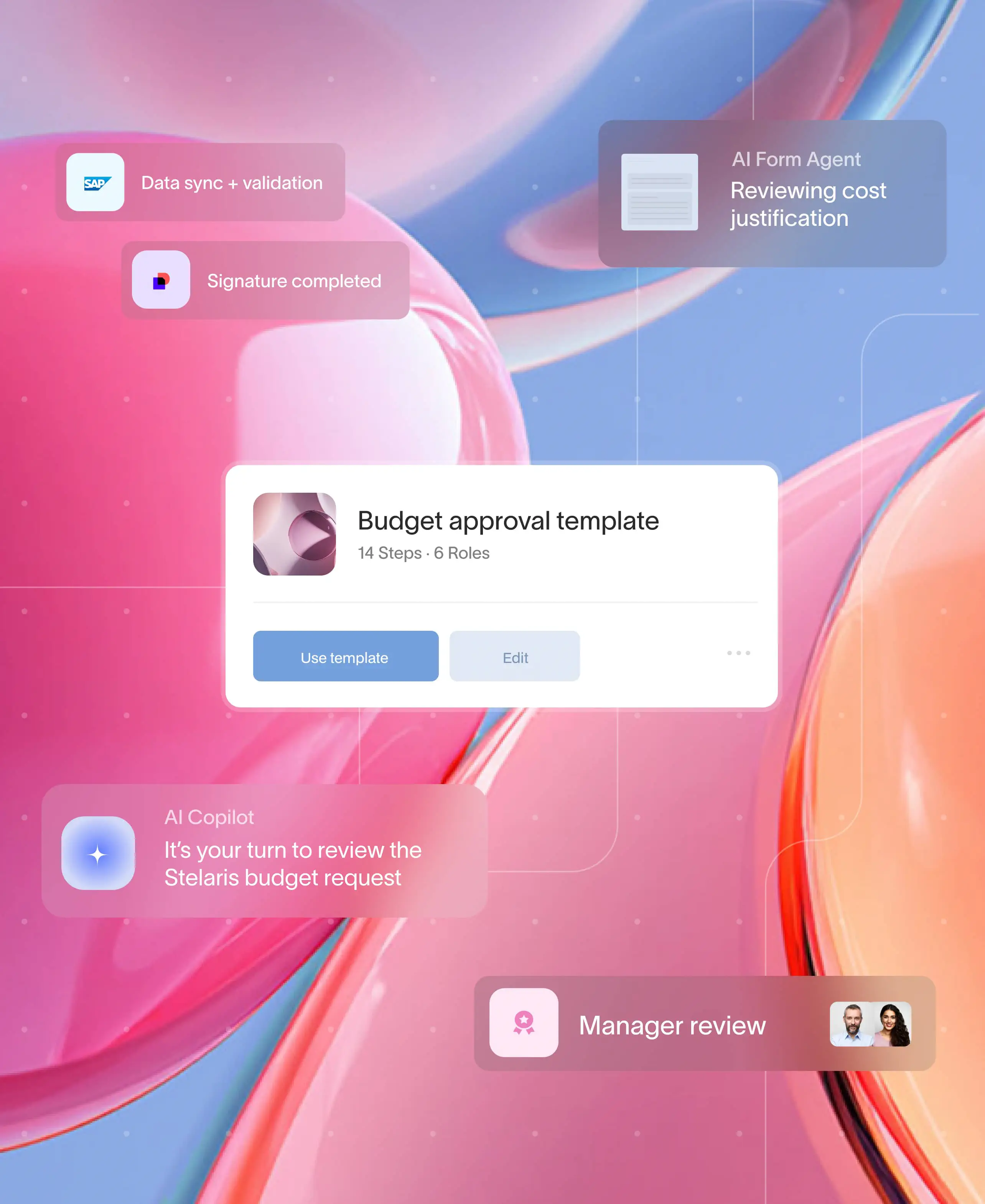.webp)
Let’s assume you have a company —and that it even has some customers—fantastic. One of your prime goals as a growing company is going to be expanding your customer base. No revelation there, perhaps. However, the cost of doing this is often far higher than businesses think. With the average Customer Acquisition Cost (CAC) in various sectors ranging from $274 per customer in e-commerce to a positively painful $1,450 per customer in fintech, it’s easy to understand why businesses are increasingly devoting time and energy to keeping their existing customers happy, ensuring their loyalty and repeat business.
To this end, customer success is an absolute strategic imperative. In this article, we’re going to explore the top 10 strategies that businesses can employ to scale customer success effectively—practices that help foster customer satisfaction, engagement, and retention.
1. Invest in effective customer support systems
Leveraging cutting-edge technologies is the first step toward providing high-quality customer support. Implementation of advanced tools like digital portals allows businesses to swiftly interact with customers and resolve any issues. These technologies not only enhance efficiency but also ensure a seamless and responsive support experience. By embracing technologies like customer portals, businesses make it quite clear to their customers that their expectations and issues matter, creating higher degrees of customer satisfaction and loyalty.
2. Leverage customer data for personalization
Everyone wants to feel special and your customers are no exception. Using customer data to personalize their experience with you is a powerful way to achieve widespread customer success. By delving into customer data, businesses gain valuable insights into preferences and behavior. This understanding becomes the foundation for implementing personalized communication and services, creating a tailored experience for each customer. From targeted marketing campaigns to customized product recommendations, personalization enhances the overall customer journey and lays the groundwork for lasting and meaningful relationships—a fundamental aspect of scaling customer success.
3. Establish clear customer onboarding processes
By creating seamless onboarding experiences, businesses ensure that new customers can quickly and efficiently navigate their products or services. This involves providing comprehensive training and resources and guiding customers through the initial stages of their journey. Clear onboarding processes set the tone for the entire customer relationship, ensuring that customers feel supported and confident from the start. This strategic approach not only accelerates the time to value for customers but also contributes to long-term satisfaction and loyalty.
4. Build a proactive customer success team
Businesses that develop a team that is focused on proactive customer engagement can anticipate customer needs and provide solutions in advance. This approach goes beyond reactive support, ensuring that the customer success team actively seeks opportunities to enhance the customer experience. Whether it's identifying potential challenges, offering personalized recommendations, or providing value-added insights, a proactive customer success manager builds lasting customer relationships and is a valuable addition to any team.
5. Implement scalable communication channels
Utilizing various communication platforms allows businesses to reach customers through their preferred channels, ensuring a diverse and inclusive approach. A consistent and scalable communication strategy is crucial for maintaining clear and effective interactions as your customer base grows. Whether through email, social media, chat platforms, or any other channel, businesses need to ensure that communication remains streamlined, personalized, and adaptable to the changing needs of a growing customer base.
6. Prioritize customer feedback
Actively seeking and listening to customer feedback provides valuable insights into their experiences, needs, and expectations. By incorporating this feedback into product improvements and service enhancements, businesses demonstrate a commitment to customer-centricity. This iterative process not only refines offerings but also fosters a culture of continuous improvement and signals to your customer base that their opinions matter. Hey presto!—satisfaction and loyalty, once again.
7. Offer scalable training and education
Businesses should develop comprehensive training initiatives tailored to diverse customer needs. Providing easily accessible educational resources ensures that customers, especially in a growing user base, can gain proficiency with products or services at their own pace. Scalable training programs not only contribute to customer satisfaction by empowering users but also accommodate the evolving requirements of an expanding customer base. This approach fosters a culture of ongoing learning and self-sufficiency that, if you have the right technologies in place, will save you significant amounts of time and money.
8. Create a customer-centric culture
Instilling a customer-centric mindset across the organization helps ensure that every department in your business values and prioritizes customer success. When every aspect of your business is focused on meeting and exceeding customer expectations, it contributes significantly to building strong, long-term customer relationships and facilitates the scalability of customer success initiatives as your business grows.
9. Utilize automation for efficiency
By implementing automation in routine customer success tasks, businesses can streamline processes to efficiently handle the growing demands of their expanding customer base. Automation helps in managing workflows, addressing common customer queries, and delivering timely responses, ensuring that the customer success team can focus on more complex and strategic aspects of customer engagement. This not only enhances productivity but also guarantees that the quality of customer support remains consistent even as your business scales.
10. Measure and analyze customer success metrics
Establishing key performance indicators (KPIs) for customer success allows businesses to define and track metrics that are indicative of the effectiveness of their strategies. Regular analysis of these metrics provides valuable insights into the performance of customer success initiatives, enabling teams to identify areas of improvement, refine processes, and align their efforts with overarching business goals. This data-driven approach ensures that the customer success team can adapt to evolving customer needs and continue to drive positive outcomes for both clients and the business.
Adding Moxo to the customer success equation
Moxo portals serve as a valuable and versatile solution for implementing the strategies needed to scale customer success effectively. With advanced customization options, businesses can tailor their portals to align seamlessly with their brand identity, nurturing a consistent and professional customer experience.
With advanced automation features, our portals streamline routine customer success tasks, improving efficiency and ensuring scalable processes to handle a growing customer base. When you add our secure and compliant data management functionality to the equation, Moxo portals provide your customers with levels of convenience, confidence, and trust that will keep them happy and loyal for years.
Contact Moxo today and discover how our portals can help you scale your customer success strategy efficiently and cost–effectively.






